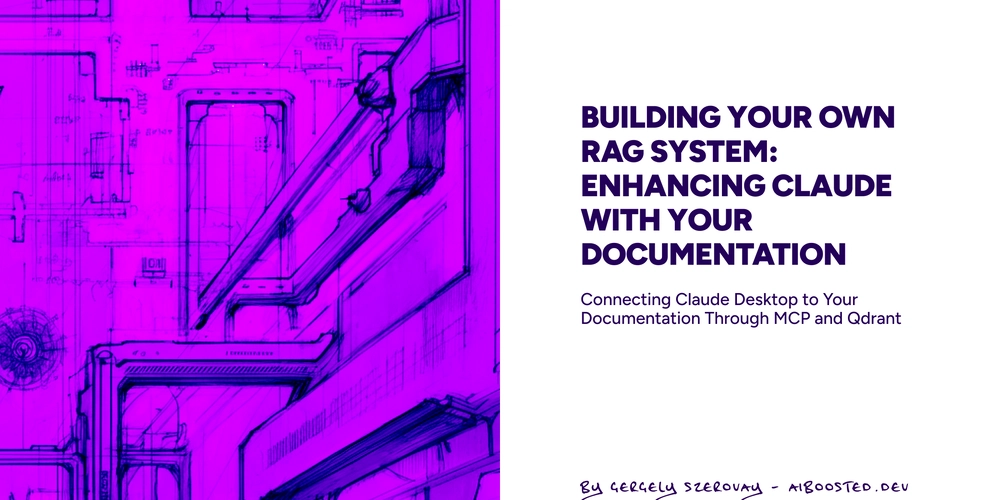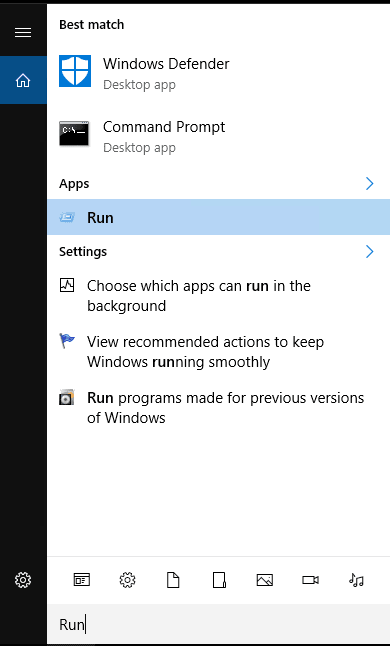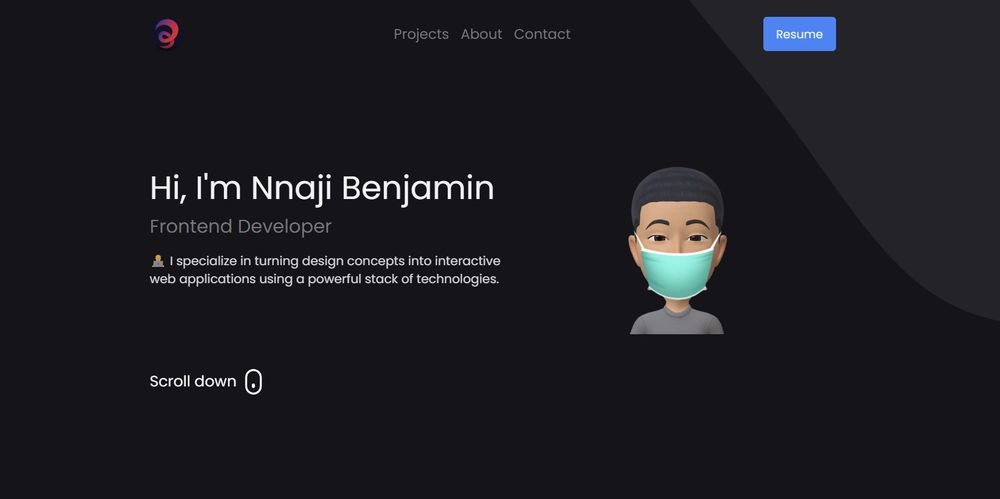Claude 3.7 Sonnet vs. Grok 3 vs. o3-mini-high: Coding comparison
For a couple of weeks now, the tech community has been getting surprised by all these new AI models hitting the market every few days. But here's the issue: most devs aren’t sure which AI model to use when it comes to working with code on a daily basis. Just a few days ago, Anthropic released their most intelligent hybrid reasoning model yet, which they claim to be the best for coding. But let’s see how it compares against two of our finest models, Grok 3 and o3-mini-high. TL;DR If you want to jump straight to the conclusion, when compared against these three models, Claude 3.7 Sonnet is the clear winner when it comes to writing code. Grok 3 and o3-mini-high are somewhat similar, but if I had to compare them against each other, I would say Grok 3 generates slightly better code than the o3-mini-high model. Brief on Claude 3.7 Sonnet This AI Model just got released a few days back and is already the talk of the "tech" community. I’m emphasizing tech because this model is widely regarded as the best AI model for code, at least for now. You can check out this video by bycloud to get a brief overview on this model's power. Claude 3.7 Sonnet supports up to 128K output tokens (beta) which is over 15x longer than before. This is especially handy when doing longer and high quality code generation. It's eating all the other AI models on the SWE Benchmark with an average accuracy of 62.3%. Its accuracy can even exceed 70%, the highest of any AI model to date. This represents a 13–20% accuracy gap compared to top OpenAI models, the previous Anthropic model Claude 3.5, and open-source models like DeepSeek R1. Despite this power, Claude 3.7 has 18% reduction in total costs compared to its earlier models. It maintains consistent token-based pricing at $3 per million input tokens and $15 per million output tokens. Not just that, Anthropic released Claude Code along with it, an agentic AI CLI that understands your codebase, helps fix issues, answers questions, and helps you get idea of your project history with its Git integration. Check out this video to get a brief understanding of it: Comparing These Models on Their Coding Abilities

For a couple of weeks now, the tech community has been getting surprised by all these new AI models hitting the market every few days.
But here's the issue: most devs aren’t sure which AI model to use when it comes to working with code on a daily basis.
Just a few days ago, Anthropic released their most intelligent hybrid reasoning model yet, which they claim to be the best for coding.
But let’s see how it compares against two of our finest models, Grok 3 and o3-mini-high.
TL;DR
If you want to jump straight to the conclusion, when compared against these three models, Claude 3.7 Sonnet is the clear winner when it comes to writing code.
Grok 3 and o3-mini-high are somewhat similar, but if I had to compare them against each other, I would say Grok 3 generates slightly better code than the o3-mini-high model.
Brief on Claude 3.7 Sonnet
This AI Model just got released a few days back and is already the talk of the "tech" community. I’m emphasizing tech because this model is widely regarded as the best AI model for code, at least for now.
You can check out this video by bycloud to get a brief overview on this model's power.
Claude 3.7 Sonnet supports up to 128K output tokens (beta) which is over 15x longer than before. This is especially handy when doing longer and high quality code generation.
It's eating all the other AI models on the SWE Benchmark with an average accuracy of 62.3%. Its accuracy can even exceed 70%, the highest of any AI model to date. This represents a 13–20% accuracy gap compared to top OpenAI models, the previous Anthropic model Claude 3.5, and open-source models like DeepSeek R1.
Despite this power, Claude 3.7 has 18% reduction in total costs compared to its earlier models. It maintains consistent token-based pricing at $3 per million input tokens and $15 per million output tokens.
Not just that, Anthropic released Claude Code along with it, an agentic AI CLI that understands your codebase, helps fix issues, answers questions, and helps you get idea of your project history with its Git integration.
Check out this video to get a brief understanding of it:












































































































































































![[The AI Show Episode 142]: ChatGPT’s New Image Generator, Studio Ghibli Craze and Backlash, Gemini 2.5, OpenAI Academy, 4o Updates, Vibe Marketing & xAI Acquires X](https://www.marketingaiinstitute.com/hubfs/ep%20142%20cover.png)















































































































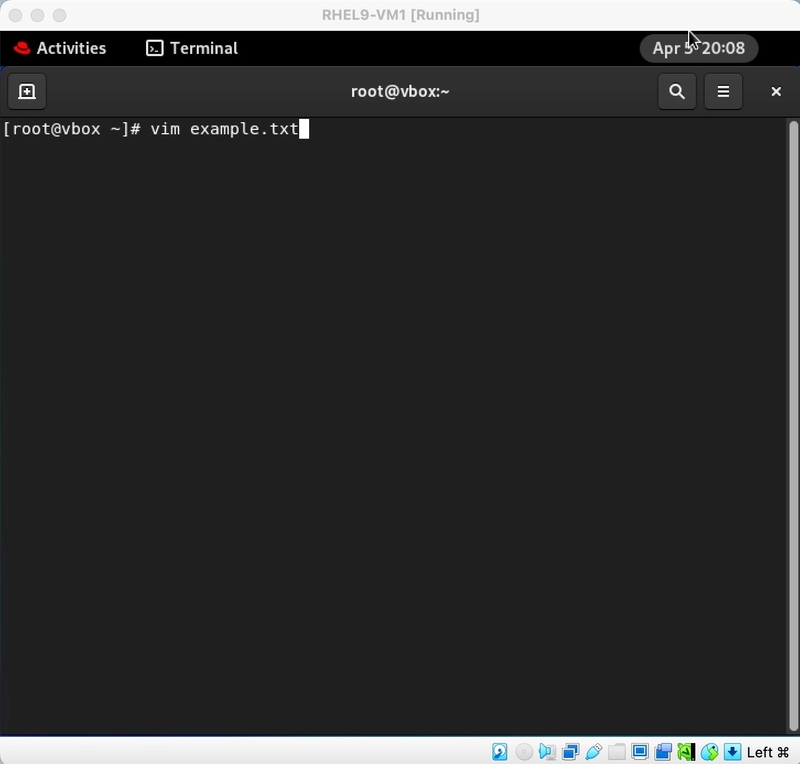
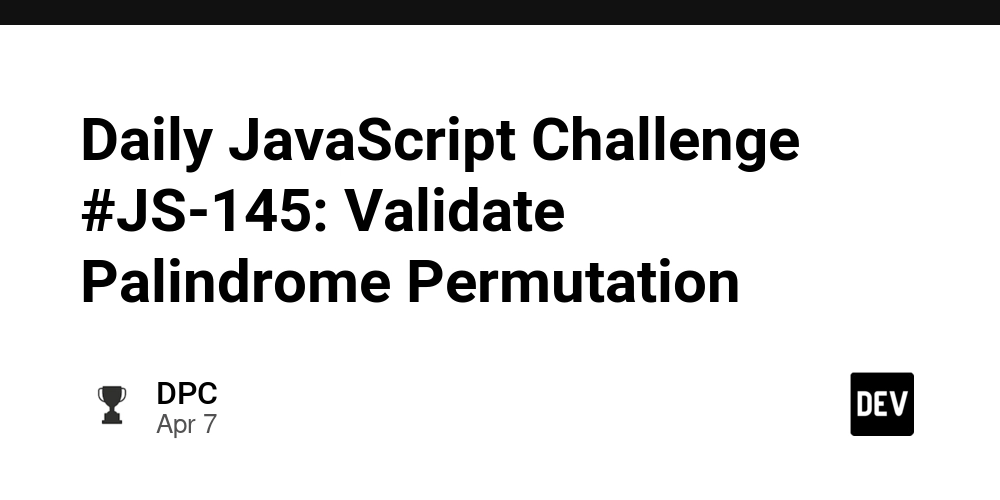










![[DEALS] The Premium Learn to Code Certification Bundle (97% off) & Other Deals Up To 98% Off – Offers End Soon!](https://www.javacodegeeks.com/wp-content/uploads/2012/12/jcg-logo.jpg)


![From drop-out to software architect with Jason Lengstorf [Podcast #167]](https://cdn.hashnode.com/res/hashnode/image/upload/v1743796461357/f3d19cd7-e6f5-4d7c-8bfc-eb974bc8da68.png?#)








































































































.png?#)

































_Christophe_Coat_Alamy.jpg?#)
 (1).webp?#)





































































































![Apple Considers Delaying Smart Home Hub Until 2026 [Gurman]](https://www.iclarified.com/images/news/96946/96946/96946-640.jpg)
![iPhone 17 Pro Won't Feature Two-Toned Back [Gurman]](https://www.iclarified.com/images/news/96944/96944/96944-640.jpg)
![Tariffs Threaten Apple's $999 iPhone Price Point in the U.S. [Gurman]](https://www.iclarified.com/images/news/96943/96943/96943-640.jpg)




































































































































